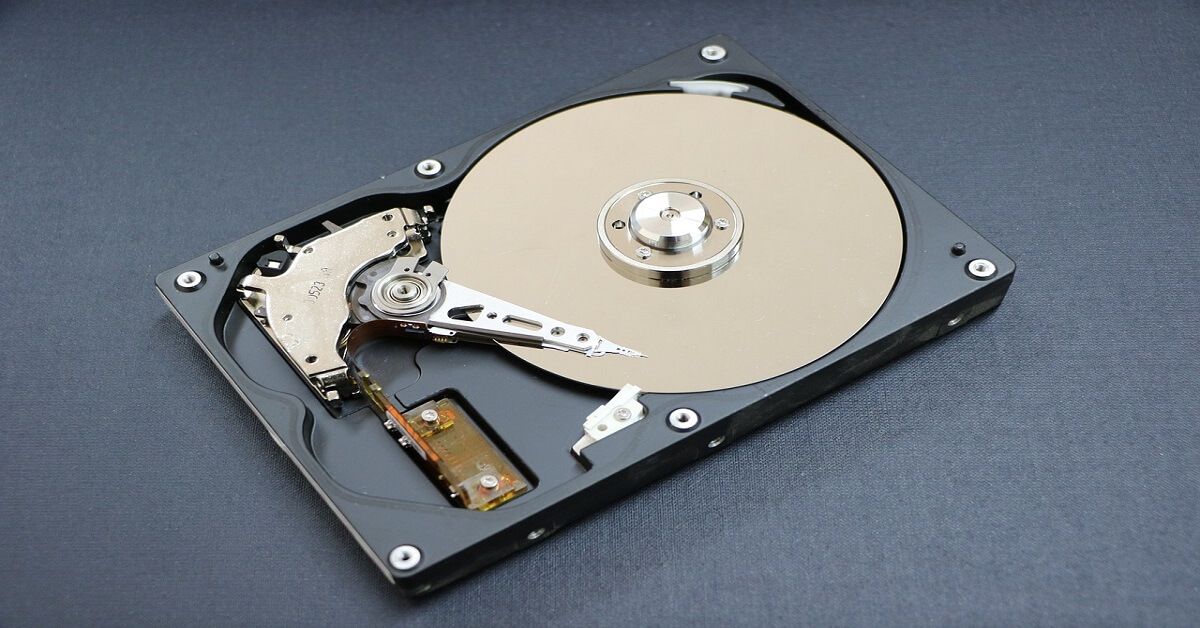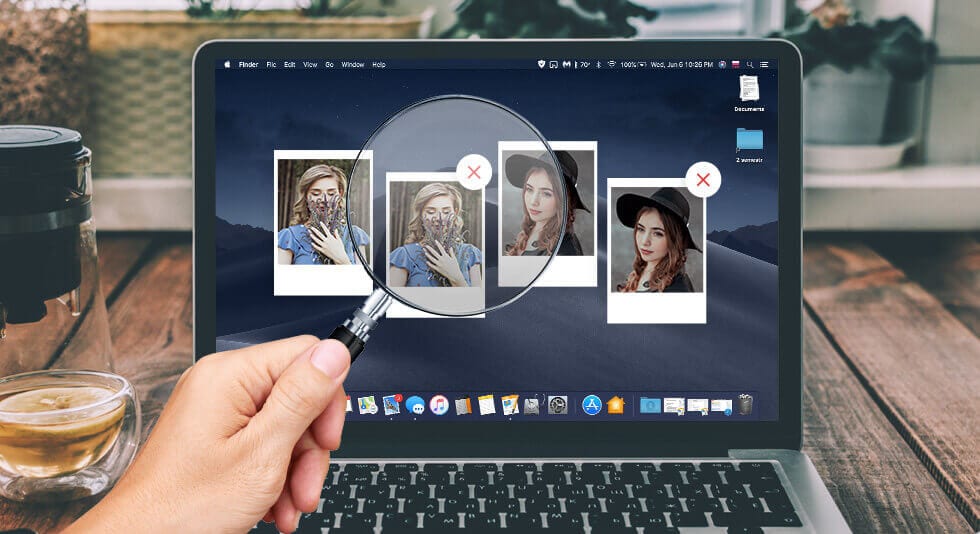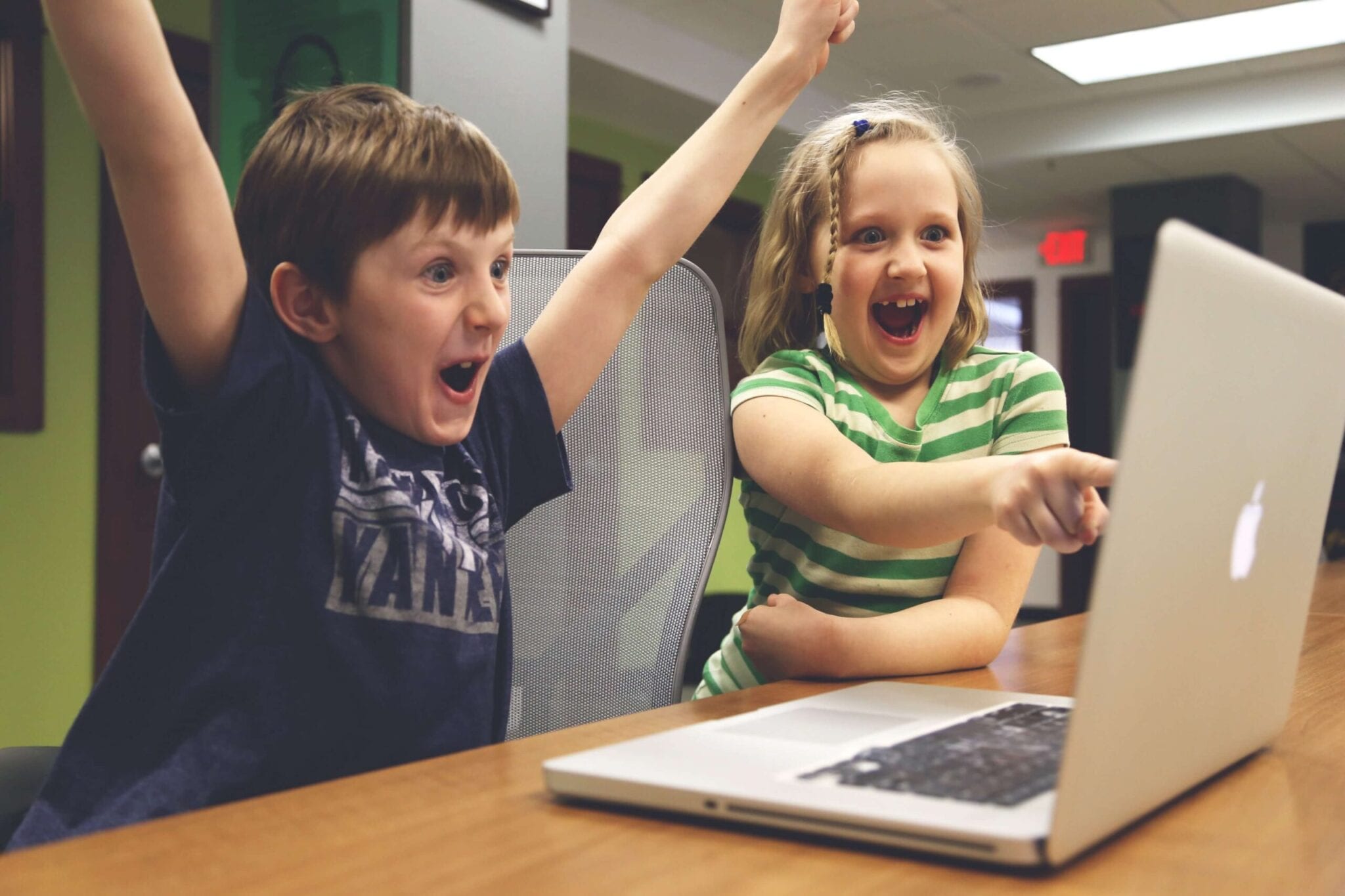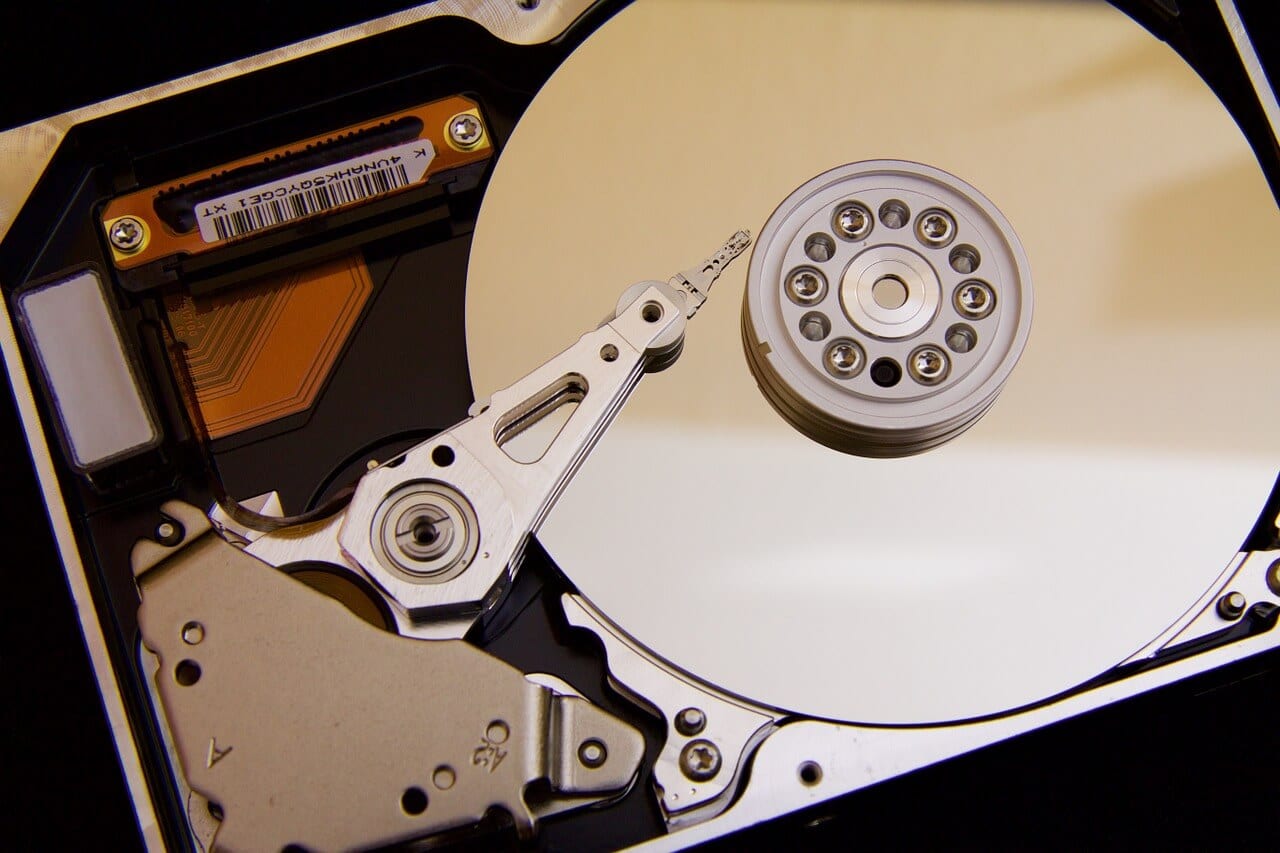Guide on Internet Security: How To Protect Yourself Online
What is internet security?
Internet security and network security refer to the same thing. However, internet security is slightly different from cybersecurity. In truth, it won’t be wrong to say that internet security is just but a segment of cybersecurity. It is prudent that you clearly understand the distinction between the two.
By definition, internet security refers to all the measures, strategies, tools taken by an individual, enterprise, or government to secure the confidentiality and integrity of data and networks.
On the other hand, cybersecurity is more concerned with the general security of a system, websites, servers, computers, and everything in cyberspace.
Is Internet Security Necessary?
What is the essence of internet security to an individual or organization? Isn’t the cost of setting up internet security extremely high for me? These are questions most people ask me whenever I mention to them anything to do with internet security.
I often respond to them with one statement: “investing in internet security is a must-do. However, if you think it will be too costly to invest in internet security, perhaps it would help if you checked out how costly a cyber breach could be.”
RiskIQ estimates that cyber breaches cost businesses $2.9 million every minute, on average. The same report further reveals that enterprises lose $25 every minute to cybercriminals.
One reason to get internet security strategy is to protect yourself from such costs. Internet security is also vital in protecting your sensitive data and users’ data against cybersecurity vulnerabilities.
To stay safe on the internet, you first need to be aware of some of your susceptible threats. Below, I have briefly explained some of the most prevalent cybersecurity threats you should be mindful of.
Common internet security threats Nowadays.
1. Phishing
Phishing is one of the social engineering attacks that hackers use to target their victims. A cyber attacker will masquerade as a genuine entity to dupe a target to open an email attachment or click on a malicious link. Upon clicking the attachment or opening the link, the victim might unknowingly download malware, reveal sensitive data, or freeze their network.
Attackers can also use phishing attacks to gain a position in corporate systems as part of a more significant cyber breach like the advanced persistent threat.
Phishing attacks have become so prevalent in recent times. According to a 2021 ProofPoint State of the Phish Report, 76% of businesses were victims of one or more phishing attacks in 2020. Without a doubt, phishing attacks are the most prevalent social-engineering attacks that you should protect yourself from.
2. Hacking and remote access
Remote working has been gaining momentum recently. Most companies are now opting to have their staff work from home. However, although this might be convenient to organizations, it might also expose your business to several internet security threats.
Remote working typically relies on the internet to exchange data outside the corporate infrastructure. For a seamless exchange of such data, one will require tools and devices, including those outside the control of an organization. As such, remote working is vulnerable to eavesdropping, data manipulation, BYOD threats, and Man-in-The-Middle attacks.
3. Malware
The word malware is a combination of malicious and software, which make up the definition of malware as malicious software. A malware attack is a type of cyber-attack that occurs when attackers craft malicious software and install it on a victim’s computer without the victim’s consent.
Malware attacks have been getting more sophisticated each year. It is one of the primary internet threats that could leave your system in shambles.
4. Ransomware
Ransomware is the most widespread malware attack that poses a significant risk to your entire system. It is sometimes called extortion software because it freezes up your entire system, denying you access to the system until you pay a ransom fee.
Mainly, hackers will demand that you pay the ransom fee in the form of Bitcoin to maintain their anonymity.
According to the FBI, there are over 4000 ransomware attacks each day. If you are keen on the cybersecurity news, you might have heard of the havoc the REvil hacking group has caused recently.
5. Denial of Service
Denial of Service attack is yet another common internet vulnerability. It occurs when legitimate users cannot access a system, device, data, or other network resource because of the actions of malicious cyber attackers. Vulnerable services to denial-of-service attacks include websites, emails, online accounts and all services that require the internet.
The five threats explained above can leave your entire system in devastation. To avoid the heavy repercussions of such attacks, it is wise that you have proper security measures to protect yourself from such threats. In the next section, we will learn about the basic security practices that will protect you from internet threats.
Internet Data Security Tips
● Use SSL Protocol
Installing an SSL certificate is one of the best security measures for staying protected on the internet. The SSL certificate is a digital certificate that combines with the HTTP protocol to form the HTTPS protocol that enables the safe transfer of data and information between two internet points such as website servers and website browsers.
If you have a website, you must ensure that you buy an SSL certificate to safeguard all sensitive data from data interceptions. Most websites, especially startups and small business owners, fear purchasing an SSL certificate because they think they are way too expensive.
However, that is usually not the case. There is no harm when you buy the cheapest SSL certificate. All SSL certificates, whether free or the most expensive ones, give the same encryption strength.
One of the critical things you have to check when buying an SSL certificate is the SSL provider. Some of the best SSL certificates you can go for include Rapid SSL certificate, Comodo SSL certificate and GeoTrust SSL certificates.
● Install an Antimalware and Keep It Updated
It would be best if you had antivirus software to safeguard yourself against internet-related malware attacks and viruses. Remember, we mentioned malware as one of the internet securities threats you are likely to encounter. To protect yourself against such threats, it will be wise to get antimalware software.
You must also remember that new malware and new threats are coming up daily, and this is why you must continually update your antimalware software to keep it well-equipped and, in a position, to fight new and emerging threats.
● Explore the Security Tools You Install
Internet security tools are a must-have. They uphold an internet user’s privacy and help safeguard your system against old and novel cyber vulnerabilities. The tools can help you conduct privacy audits and threat scans to find and remove security threats that might exist in your system. Some of the best security tools that you can consider purchasing include.
- TotalAV
- SolarWinds Security Event Manager
- LifeLock
- Acunetix
● Adhere to Best Password Practices
With internet security, having a strong password should never be an option but mandatory. Passwords protect your entire system against unauthorized entries. However, hackers have been known to break through weak passwords by employing dictionary attacks and brute force attacks.
If you are using a weak password, then your entire system is susceptible to data breaches. You can check out this page for some of the best password practices you must adhere to.
● Use Two-Factor Authentication
Passwords have proved to fail in keeping your system safe from cyber vulnerabilities. Therefore, it would be best if you had two-factor authentication to supplement your passwords. In two-factor authentication, apart from using passwords to authorize entry into your online accounts, you will also use extra authentication factors such as security codes, biometric factors and one-time passwords.
● Use up-to-date software and Operating systems.
Hackers usually figure out new hacking techniques. Old software and operating systems might be ill-equipped to protect your network from security threats. As a security measure, you must always ensure that you update your software to prevent any threats due to loopholes existing in old software versions.
To Wrap Up
Internet security threats can take you out of business. You must ensure that you know some of the threats you are vulnerable to and some of the actionable steps to prevent those threats. This article has tackled the meaning of internet security, cybersecurity threats, and solutions to those threats.
As a best practice, always ensure that you use multiple security solutions to strengthen your security walls. Lastly, do not forget to backup, just in case things go south.
Popular Post
Recent Post
How to Access Microsoft’s New Emoji in Windows 11
Ever since the public introduction of Windows 11, we’ve seen it gradually mature further towards the operating system that it is presently. Microsoft is working hard to give Windows 11 a next-generation experience, as well as new updates, are being released as a result. So now, emoticons in Windows 11 have been updated. Microsoft later […]
How to Transfer iPhone Photos to Your Mac (8 Easy Solutions)
Have you clicked a stellar image with your iPhone and now want to upload it on your website or edit it? Then, you can easily transfer your iPhone photos to your Mac to edit them with robust MacOS editing tools and further upload them on the web. Transferring photos from iPhone to Mac can save […]
How to Set Up and Use iCloud on Mac
If you haven’t set up iCloud on your Mac yet, do it now. iCloud is a powerful cloud storage service for Apple users that allow people to back up and synchronize email, photos, contacts, and other files across various devices. iCloud service was introduced in 2011, and it supports MacOS 10.7 or higher. As of […]
How to Create a Guest User Account on Mac
Computers are a very personal thing today. They store all your private documents, photos, videos, and other data. Thus, giving your Mac password to someone else is never a good idea. But what if you have to share your Mac with a colleague or friend for some reason? Sharing Mac’s user password can jeopardize your […]
How to Set Up a New Mac in a Few Minutes
Have you bought or received a brand new Mac computer? Then, you must be on the seventh cloud. Your Mac will open a pandora of several graphics-rich apps and features for you. If you are moving from Windows to Mac for the first time, the change will be really dramatic. At first, all the interfaces […]
How to Clear Browsing History
Are you concerned about what others could see if they use your web browser? Is your browser history clogging up your device and slowing things down? A list of the website pages you have viewed is stored in every web browser. You can remove this listing easily. It will clean your browser history and erase all […]
The Definitive Guide to Managing Your Mac’s Storage Space
Are you struggling with low storage space on Mac? Wondering what is taking up so much space?You are at the right place. Here we will discuss how to reclaim space on Mac. Gone are those days when you used Mac machines only for p rofessional purposes. Now, everything from downloading movies to streaming content, saving […]
Is New World a modern-day RuneScape?
Amazon Game Studios has released an MMO nearly identical to RuneScape, but with a new look, a better PvP system, and a lot more money. Allow me to clarify. New World is influential ‘RuneScape only it’s not RuneScape.’ New World vs. RuneScape 3 New World digs deep into the well of memories and pulls out […]
How To Set Up Voicemail on iPhone 11
Although accessing voicemail is extremely beneficial to you, users should understand how to set up voicemail on their iPhone 11. You can remove, categorize, and play the voicemails from the easy menu. Once you are occupied or unable to pick up the phone, this program will give you info in the style of an audio […]
Best Virtual Machine Software for Windows 10/11 in 2024
A virtual machine software, often known as VM software, is an application that replicates a virtual computer platform. A VM is formed on a computer’s underlying operating platform, and the VM application generates virtual CPUs, disks, memory, network interfaces, and other devices. Virtual machine solutions are becoming more popular because of the flexibility and efficiency […]






















